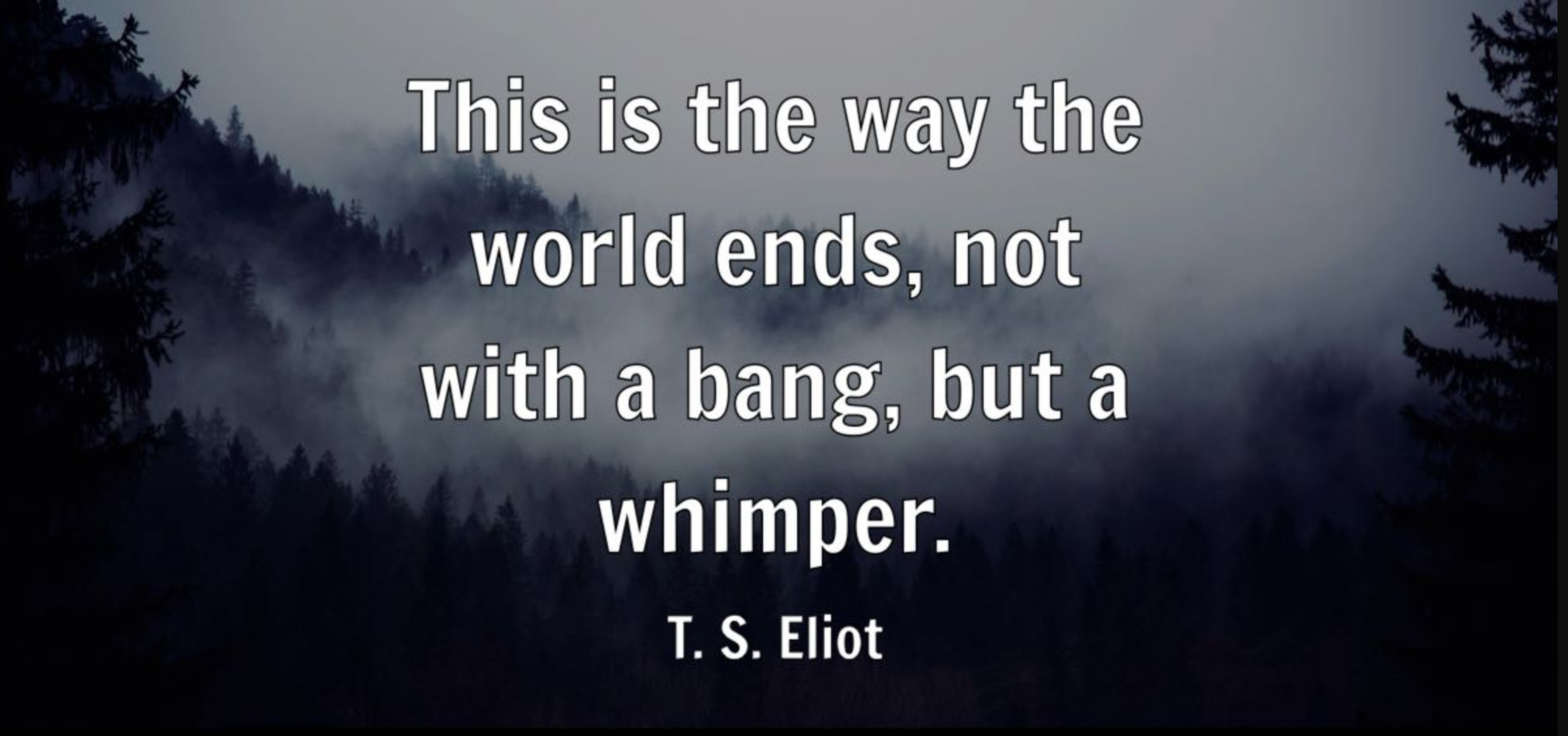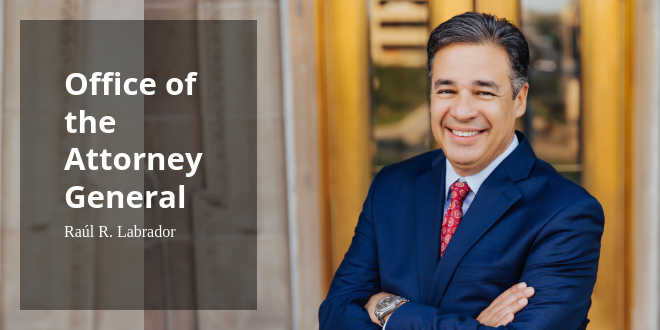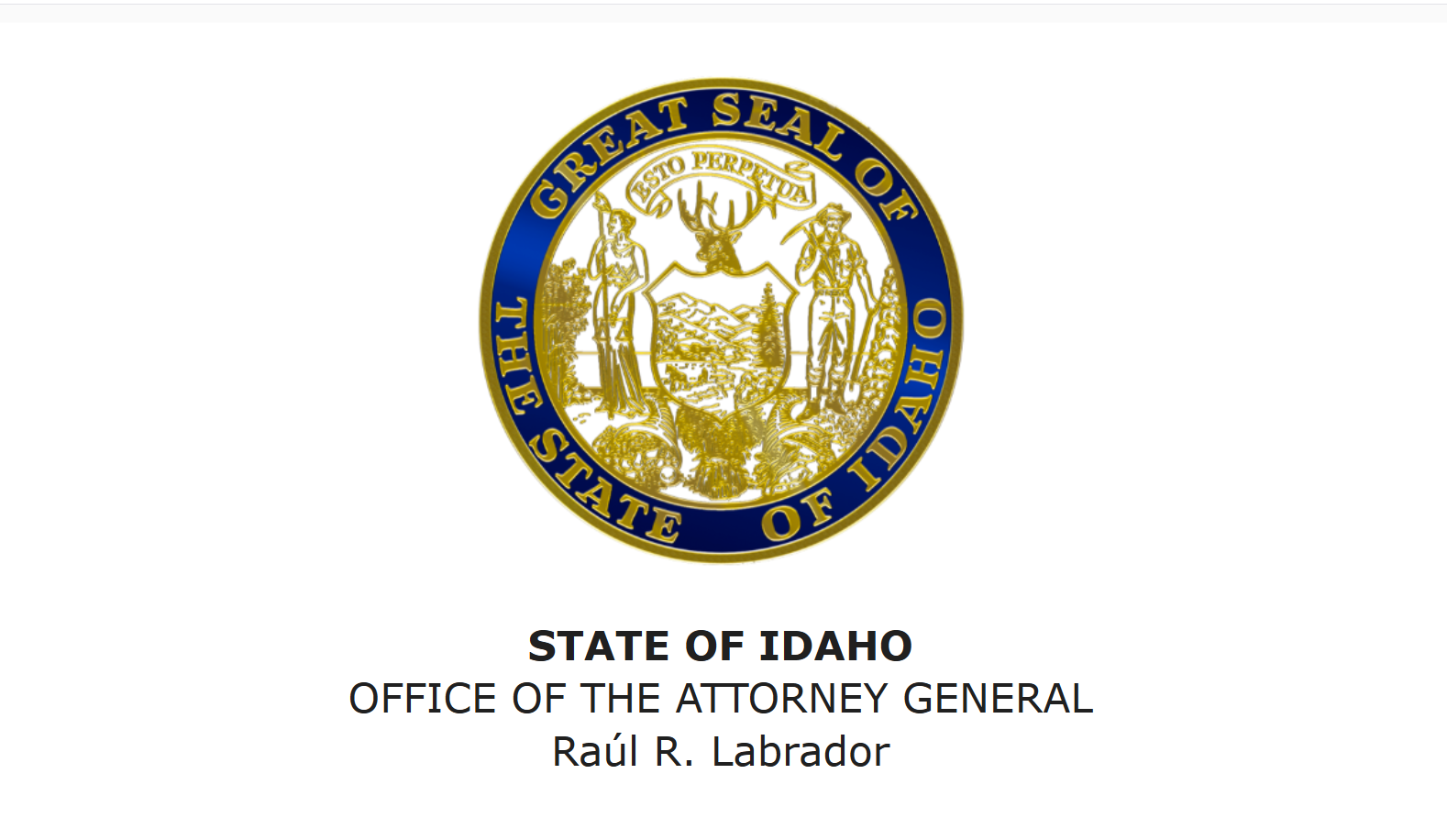Keep Right — Column by Ralph K. Ginorio
Thanksgiving is approaching, commemorating a time when a flawed but Godly people gave thanks to the Lord for their very survival. This was no mere empty gesture. The Puritan Pilgrims had just endured their first year, an ordeal that halved their numbers and humbled their pretensions of adequacy.
Steeped in Calvinism, they already understood that without God’s ongoing grace every human being is lost and without hope. The Pilgrims’ bitter struggles to adapt themselves to New England made this truth even more inescapably self-evident.
Mortifying any conceit of self-sufficiency, the Pilgrims humbly and lovingly gave thanks to He whom they knew made all things possible. These Pilgrims, and many other Puritans like them, gave birth to an American spirit that eagerly knelt before God but to no Earthly King.
To many modern sensibilities, such faith seems both abject and masochistic. Why should men and women have to grovel before a Deity who is supposed to epitomize love, they ask. Why should an all-powerful Divinity require our self-abasement, they wonder.
In grounding themselves in modern notions of equality and vanity, modernists miss the whole point of giving thanks. Monotheists truly believe in an all-knowing, all-powerful, and ever present God who understands and loves each of us better than we could ever possibly love or understand ourselves or one another.
Such a God did not create us because He needed anything from us. Creation was an act of love, and free will came with that gift of life and sentience. Christ made clear that this loving Creator hopes for every one of us to choose to love Him above all and one another as ourselves.
Our lives are lived in a world that is far from paradise, filled with depravity, disease, and death. Again, a modern person can fairly wonder why such harsh lives would be given to us by a lovingly omniscient Creator.
While we cannot know God’s purpose, we can understand that there might be good reason for us to temporarily live in a world such as this. Our human nature is rooted in a pitiless Darwinian life-struggle that is short, mean, and brutal.
Significantly, human nature exhibits a cruelty and propensity for evil which goes well beyond anything needed to compete over scarce resources. John Calvin’s understanding of Christian truth concluded that human nature is nothing less than depraved. Because of this, we can never produce anything worthwhile; not at least exclusively by our own efforts.
In such a bleak assessment, a modern person may rightly ask where there is any hope at all. Despite their contemporary caricature as being humorless and sexless martinets, Puritans were a people steeped in the most profound and all encompassing hope. Their outward severity masked an inner joy.
God exists. He loves us. We know Him through the most merciful and loving Jesus Christ. While we are inadequate, He is all-sufficient. By denying our fallen nature and embracing His loving Lordship, we can escape this life’s trap. We can be saved, through faith in God’s spontaneous love, lordly truth, and omnipresent mercy.
Puritans believed all of this. For them, these sufficed to answer all doubt. Much as Prince Siddhartha Gautama, the Buddha, discovered that the only escape from this world of suffering was to deny oneself, Jews, Christians, and Moslems believe that the only antidote to the world’s misery is to place one’s life and choices entirely into God’s hands.
So they did when they departed from the known world of Europe and cast themselves onto a wild and savage shore. They did not expect God to do all of their work for them. These Puritans recognized that God must not do for a man what he can do for himself. They threw themselves into this life-or-death challenge with an irrepressible enthusiasm born of faith.
By God’s grace, nearly half of them survived. So, naturally, our Pilgrim Fathers gave thanks to Almighty God.
So should we! Our contemporary Western world is wracked by the inevitable outcomes of the prideful delusions of our own self-sufficiency. We play at being God over our own bodies, minds, and spirits. We gleefully employ word games, as if changing how we define something somehow alters its fundamental nature.
We delve into the mysteries of the human genome and of artificial intelligence as if our morals and ethics were sufficient to make us worthy creators. We have done the same with society, imagining that utopia can come of our employing the coercive powers of the state.
We should be more grateful. We should acknowledge our fraught humanity, recognize our innate limitations, and find a worthy truth that can bring us and the world love, joy, hope, and a worthy purpose. And, we should be thankful for any opportunity that the Author of Life has given us to do so.










